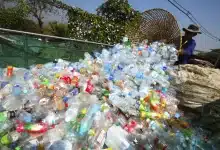Circular economy in Thailand: An innovative approach to sustainability
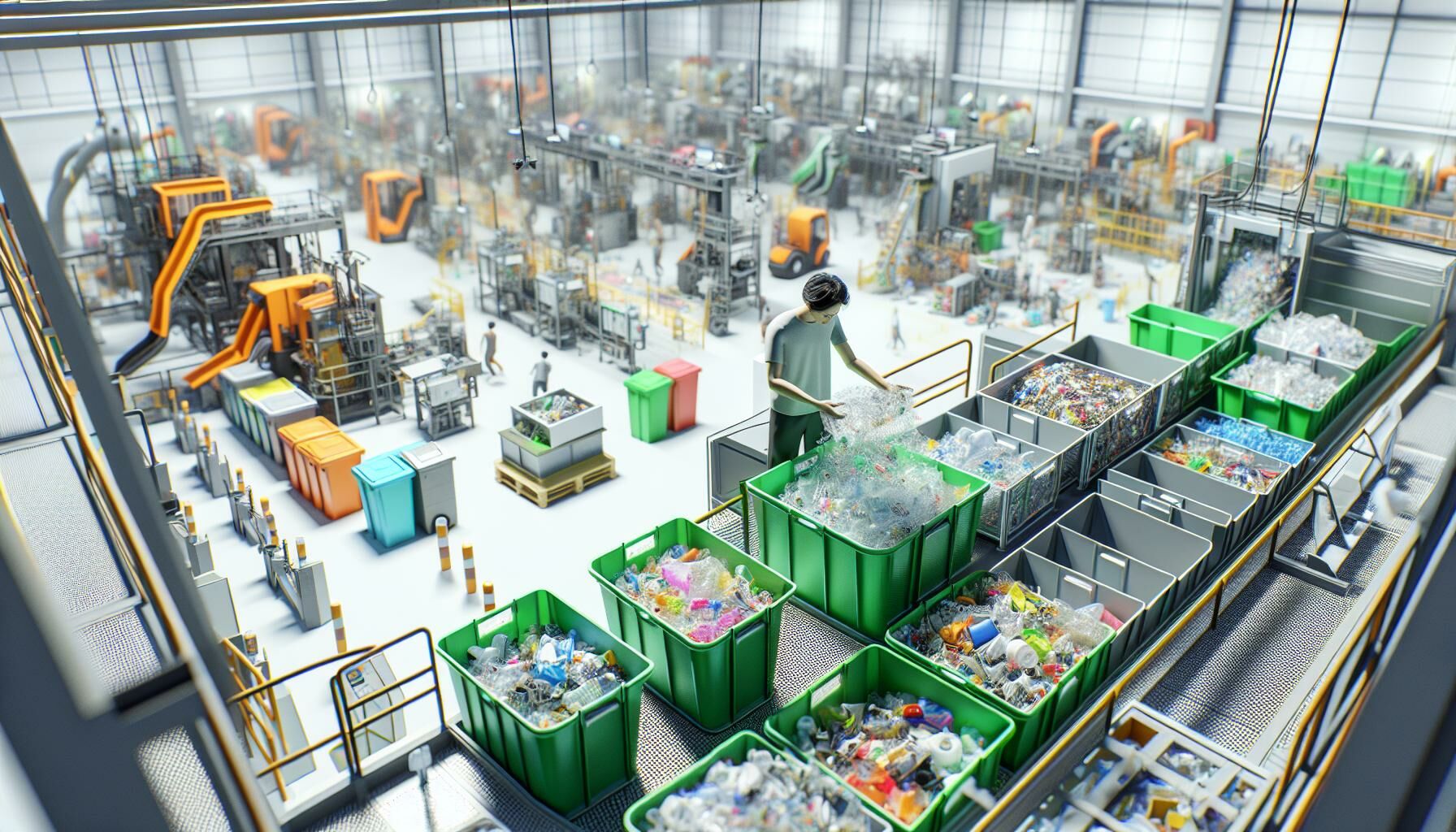
Thailand is advancing its commitment to sustainability by embracing circular economy principles to reduce waste and enhance recycling. Recent collaborations in Thailand showcase the potential of a circular economy. For instance, a partnership with Thai Beverage Can Company Limited collected 45 metric tonnes of post-consumption packaging, while another initiative with SCG Chemicals expanded plastic packaging recycling efforts across multiple buildings. These projects not only reduce waste but also generate significant income through carbon credits.
Definition of Thai circular economy
The Thai circular economy focuses on reusing resources to minimise waste and maximise value. Instead of the traditional linear model, which follows a take-make-dispose approach, Thailand’s circular economy emphasises resource efficiency and sustainable practices. The transition involves managing waste more effectively and innovating in product design, manufacturing, and consumption.
Importance of a circular economy in Thailand
Thailand realises the significance of adopting a circular economy to ensure sustainability and economic growth. By focusing on reusing resources, they reduce waste and drive sustainable development. Policies have been established that directly support these efforts.
Private sector engagement is growing. Large businesses are incorporating circular economy principles into their operations. This shift is not just about compliance; it promotes innovation and efficiency. They see benefits in resource optimisation and cost reduction.
Moreover, circular economy initiatives contribute to the local economy. Through recycling and waste reduction, they create jobs and foster new industries. These activities generate income and support Thailand’s green agenda.
In essence, the thai circular economy aims to create closed-loop systems. This approach maximises the value extracted from materials while minimising waste. It aligns with global sustainability trends and reinforces Thailand’s commitment to environmental stewardship.
Basics of Thai circular economy
How it functions in Thailand
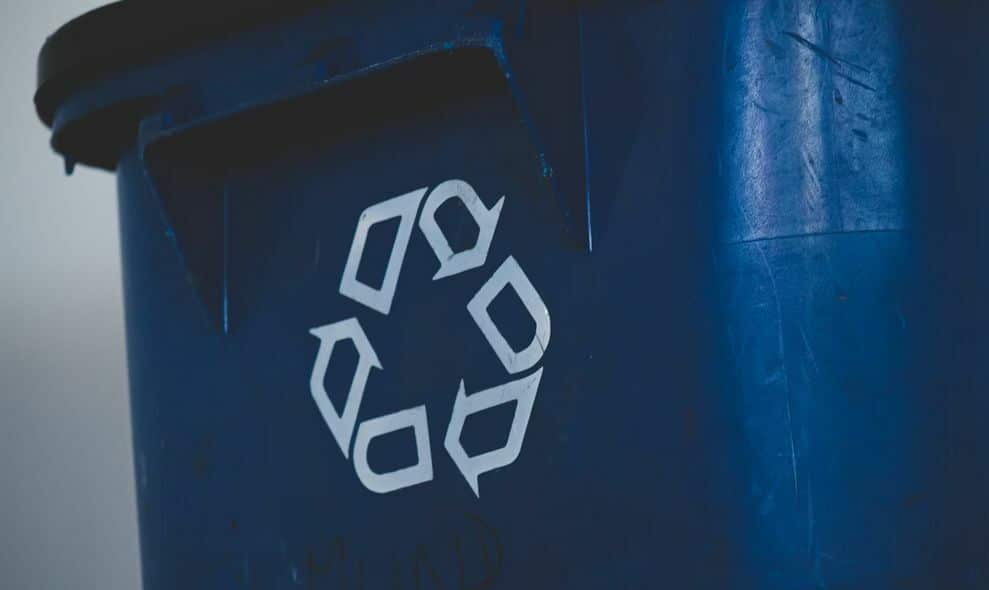
In Thailand, the circular economy functions through collaboration between various sectors. Government policies align with sustainable development goals and the Plastic Waste Management Roadmap (2018-2030). Businesses adopt circular principles to enhance innovation and reduce costs. Projects like “Recycle for Life” collect and recycle materials, demonstrating practical applications. Academic research supports technological advancements and provides a skilled workforce. Community engagement ensures public participation in sustainability practices. These combined efforts create closed-loop systems, reducing environmental impact and supporting economic growth.
Benefits of Thai circular economy
Economic benefits
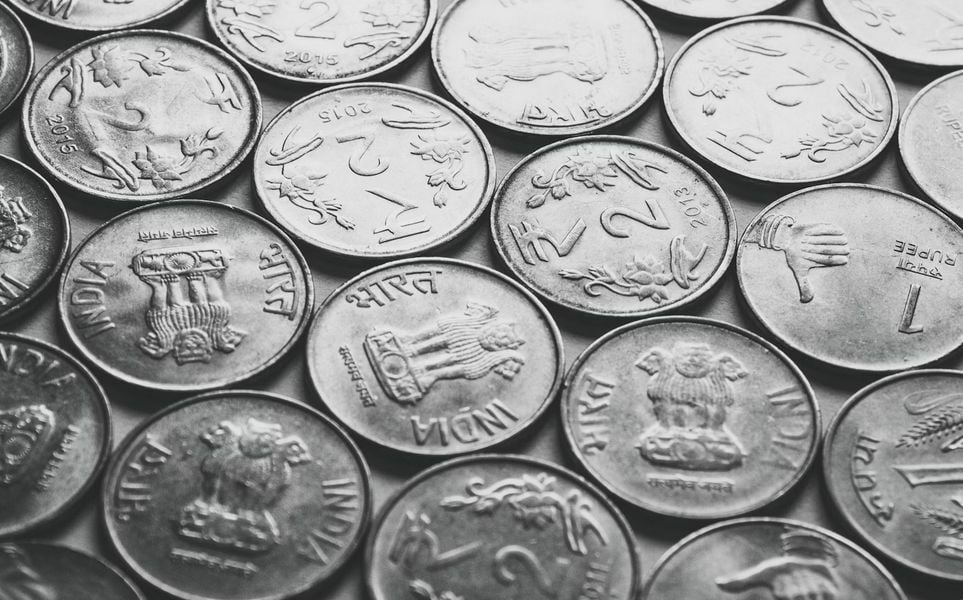
The Thai circular economy boosts local industries by promoting reuse and recycling. Reprocessed materials reduce the need for raw resources, lowering production costs for businesses. Job creation in recycling, waste management, and green technologies strengthens the labour market. The sale of recycled goods and carbon credits provides additional revenue streams, supporting economic resilience.
Environmental benefits
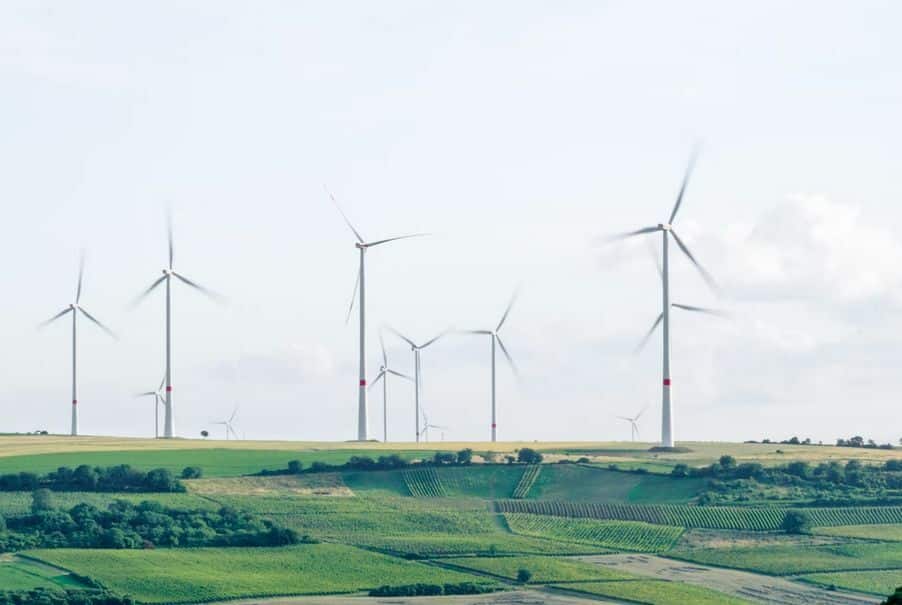
Adopting circular practices significantly benefits the environment by reducing waste in landfills, thus decreasing greenhouse gas emissions and pollution. Promoting enhanced recycling within Thailand’s circular economy reduces the need to extract non-renewable resources. This sustainable approach is crucial in preserving natural habitats and ecosystems. Innovative initiatives like “Recycle for Life” ensure materials are reused, thereby minimising our ecological footprint.
Social benefits

Communities benefit substantially from implementing sustainable practices. Reduced waste and pollution contribute to cleaner air and water. Public education about recycling encourages responsible resource management. Collaboration between public and private sectors aligns individuals with common goals. Additionally, involving local residents in initiatives such as the circular economy enhances social inclusion and strengthens community cohesion.
Challenges in implementing a Thai circular economy
Policy challenges
Thailand’s journey towards a circular economy faces several policy-related obstacles. Inconsistent regulations create confusion among stakeholders, hindering seamless implementation. A unified framework is missing, which makes coordination difficult. Existing policies often favour linear economic models, slowing the shift to circular practices.
Funding for circular economy projects is another issue. Limited financial incentives can discourage private sector participation. Government grants and subsidies are insufficient to drive large-scale changes. Regulatory support is essential for the adoption of new technologies and recycling methods. Without this, innovation stalls, and progress remains slow. Comprehensive and clear policies are crucial for fostering a robust Thai circular economy.
Practical challenges
On the ground, practical challenges impede the circular economy’s growth in Thailand. Waste sorting and segregation at the source are inconsistent. Many citizens and businesses lack awareness or facilities to separate recyclable materials properly. This leads to contamination of recyclable waste, making it less viable for repurposing.
Logistics is another major hurdle. Efficient collection and transportation of waste are lacking in many areas. Urban regions may have partial systems, but rural areas often fall behind. Inadequate infrastructure makes it difficult to achieve the high recycling rates necessary for a successful circular economy.
Building public and private sector awareness is critical. Education campaigns and corporate training programmes can promote better understanding and adoption of its principles. Continuous efforts in these areas will help create a more inclusive and sustainable Thai circular economy.
Case studies of successful Thai circular economy
Specific examples in different sectors
Thailand is embracing the circular economy across various sectors. In retail, the Recycle for Life project partnered with Thai Beverage Can Company. This initiative collected 45 metric tonnes of post-consumption packaging from Big C Supercenters and donated 2,945,894 Baht through the 3R Foundation.
In the automotive sector, recycling initiatives are in place for post-consumer packaging at 12 buildings of Frasers Property Thailand Group. They separate PP, HDPE, and LDPE plastics for recycling. These efforts widen the scope of waste management and drive environmental sustainability.
In the sports industry, the Buriram Marathon serves as a platform for recycling PET bottles. Over 20,000 runners participated, and the 2023 marathon saw 6,813 PET bottles collected.
Strategies used and results achieved
Collaboration plays a key role in Thailand’s circular economy success. The Recycle for Life project demonstrated this by collecting substantial packaging waste and generating significant donations. They used a structured approach to collect and donate packaging, reinforcing the economic and social benefits of these initiatives.
At Frasers Property Thailand Group, expanding plastic separation in buildings led to enhanced plastic recycling. They adopted a methodical approach to sort and recycle various plastics like PP, HDPE, and LDPE, ensuring efficient resource utilisation.
The Buriram Marathon focused on public engagement, installing recycling stations and promoting sustainability among participants. Their strategy resulted in thousands of PET bottles being collected each year, showcasing the event’s role in promoting a circular economy.
These examples highlight Thailand’s strategic efforts to embed circular economy principles in different sectors, delivering tangible environmental and economic outcomes.
Policy Recommendations
Concrete policies play a critical role in advancing the Thai circular economy. By implementing regulatory frameworks, the government can incentivise businesses to adopt circular practices. One compelling approach involves offering tax breaks for companies that engage in recycling activities. Additionally, setting up national standards for recycled materials ensures a consistent quality, boosting consumer confidence in recycled products.
Latest Thailand News
Follow The Thaiger on Google News:

